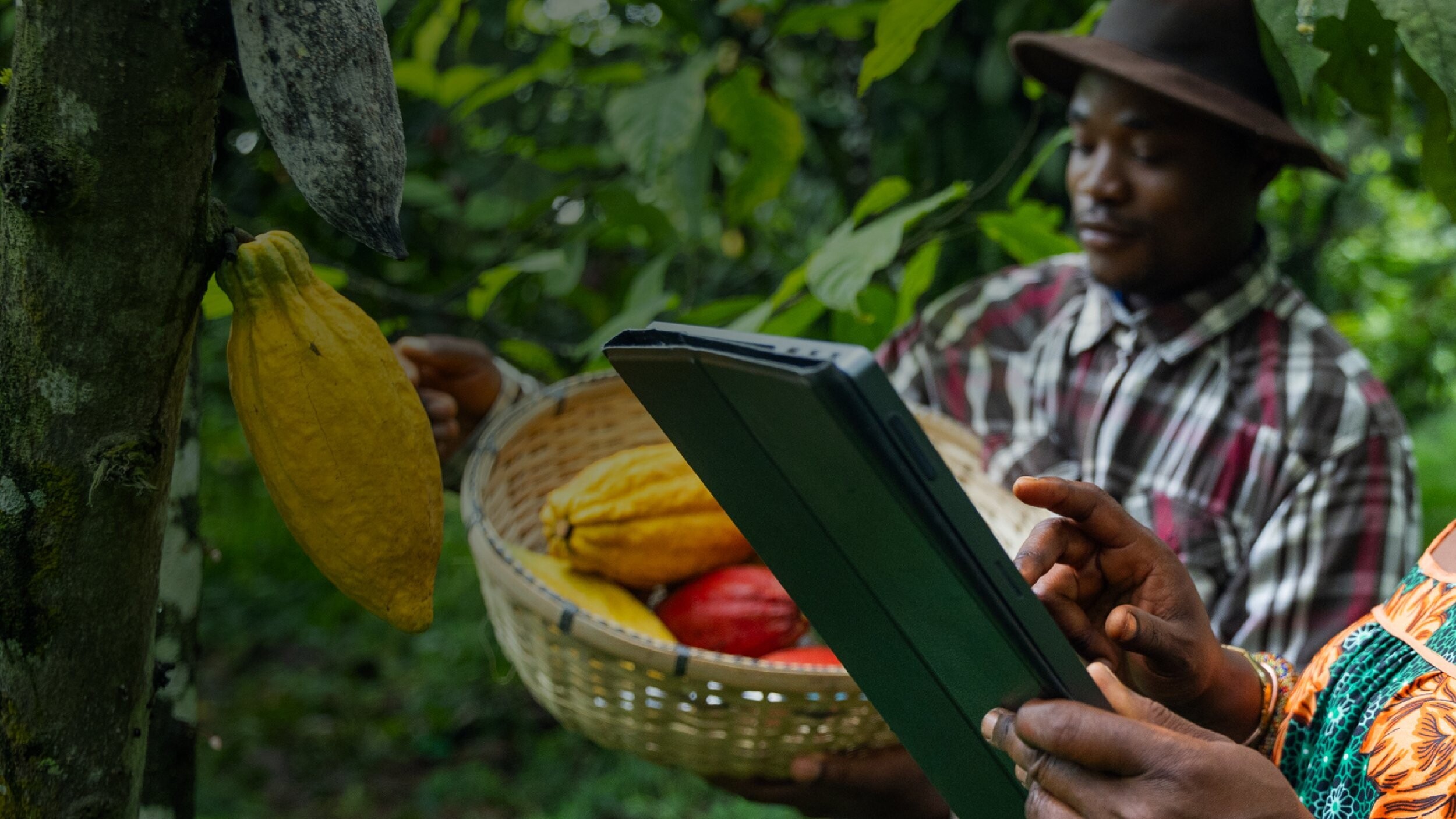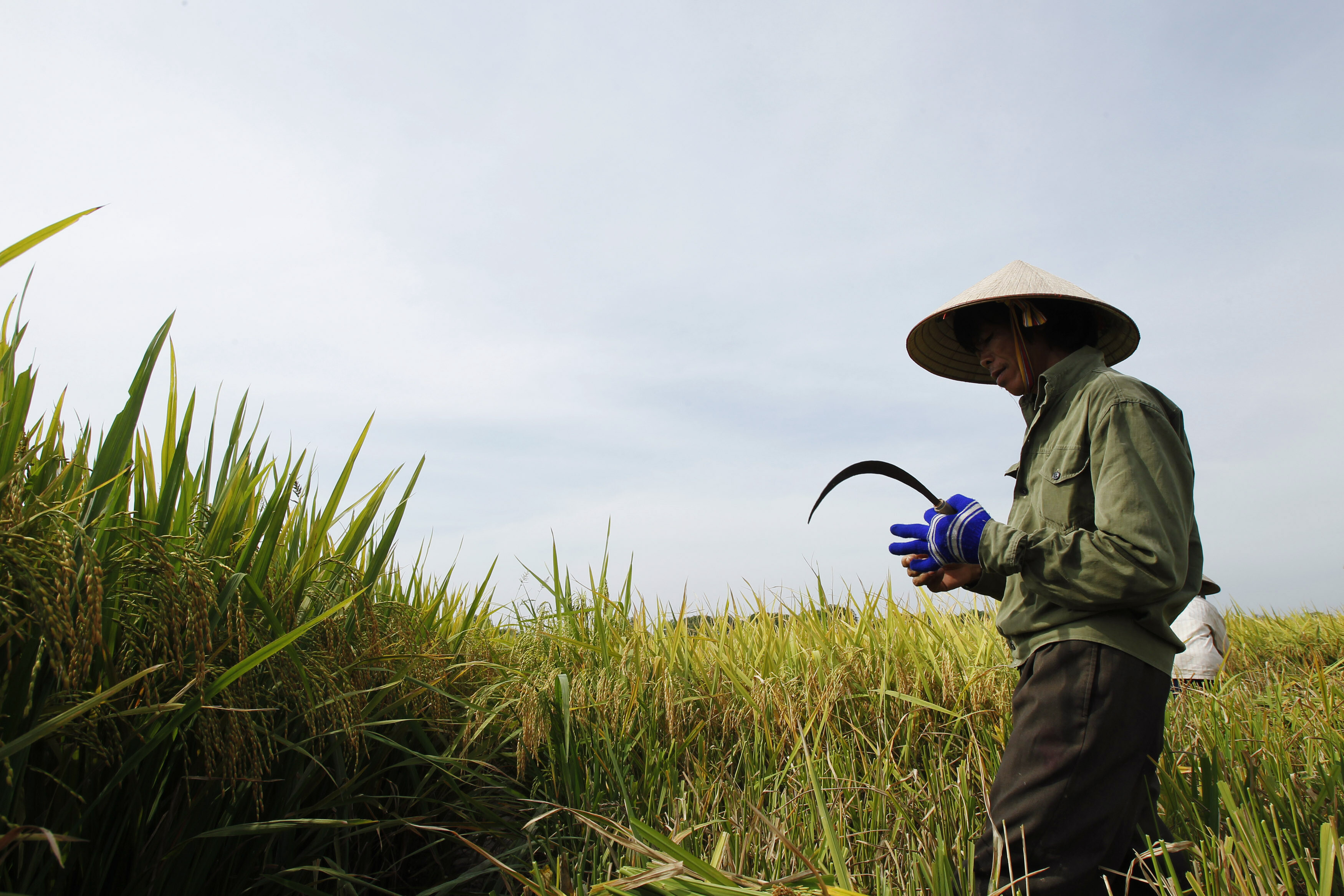Hugging a tree in Israel to beat the coronavirus blues

Israel has experienced a spike in new cases over the past several weeks. Image: REUTERS/Ronen Zvulun
- Israel’s Nature and Parks Authority is encouraging people to hug a tree to overcome feelings of isolation.
- After flattening a coronavirus infection curve in May, Israel has experienced a spike in cases over the past few weeks.
Can’t embrace friends and family these days? Hug a tree instead.
That is the message Israel’s Nature and Parks Authority is spreading on social media to try to help people overcome the sense of detachment that coronavirus social-distancing rules can bring.
“In this unpleasant corona period we recommend to people around the world to go out to nature, take a deep breath, hug a tree, express your love and get love,” Orit Steinfeld, the authority’s marketing director, said in Apollonia National Park.
At the park, about 15 km (nine miles) north of Tel Aviv, tree-huggers such as Barbara Grant heeded the advice during a tour arranged by the Authority.

“The most basic human need is for connection, for touching, for hugging,” she said, lamenting that, as a health precaution, she can’t hug her grandchildren.
Also out in the park, Moshe Hazan said he wanted to widen his embrace beyond his partner, Pat Arthur, who accompanied him to the forest.
“We are not hugging too many people these days - not our children, not our grandchildren - and hugging a tree is quite a nice thing to do,” Hazan said.
After flattening a coronavirus infection curve in May, Israel has experienced a spike in new cases over the past several weeks.
Protective masks are mandatory outdoors and Israelis are advised to avoid close physical contact with elderly relatives, with visits at nursing homes held only in the open air.
Israel’s tree-hugging campaign follows a similar endeavour launched in April by Iceland’s forestry service.
Don't miss any update on this topic
Create a free account and access your personalized content collection with our latest publications and analyses.
License and Republishing
World Economic Forum articles may be republished in accordance with the Creative Commons Attribution-NonCommercial-NoDerivatives 4.0 International Public License, and in accordance with our Terms of Use.
The views expressed in this article are those of the author alone and not the World Economic Forum.
Stay up to date:
Israel
Forum Stories newsletter
Bringing you weekly curated insights and analysis on the global issues that matter.







